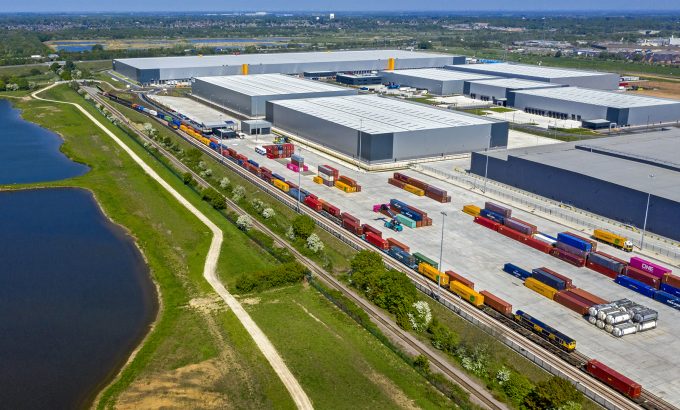'Challenging' Q3 for DFDS – and weaker demand expected to continue
Danish ferry and road freight operator DFDS saw weaker road freight demand across Europe in ...

Last month’s announcement that Associated British Ports (ABP) is to invest a further £33m (US$39m) to upgrade Immingham Container Terminal, future-proofing the facility and extending its footprint, is the latest sign that the UK north-east will play an even greater role in post-Brexit logistics.
The news follows a period of continued growth in container volumes across the east coast deepwater ports, including Hull, Immingham and PD Ports-owned Teesport.
ABP, which owns four Humber ports, is continuing to advance a series of investment ...
Volcanic disruption at Anchorage could hit transpacific airfreight operations
Macron calls for ‘suspension’ – CMA CGM's $20bn US investment in doubt
Forwarders stay cool as US 'liberation day' tariffs threaten 'global trade war'
Shippers snap up airfreight capacity to US ahead of tariff deadline
De minimis exemption on shipments from China to the US will end in May
Tighter EU import requirements proving 'a challenge' for forwarders
Looming Trump tariffs will create 'a bureaucratic monster' for Customs

Comment on this article